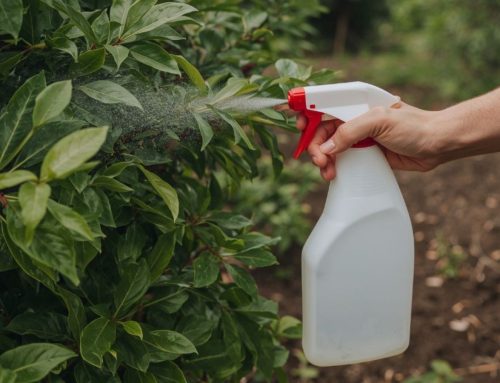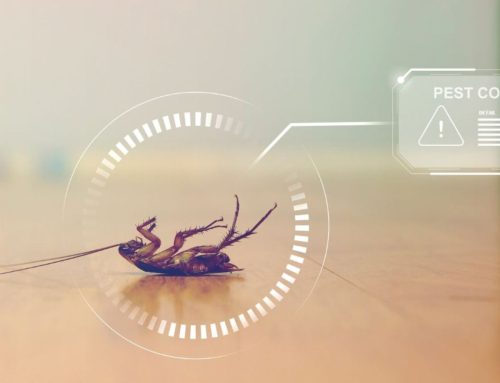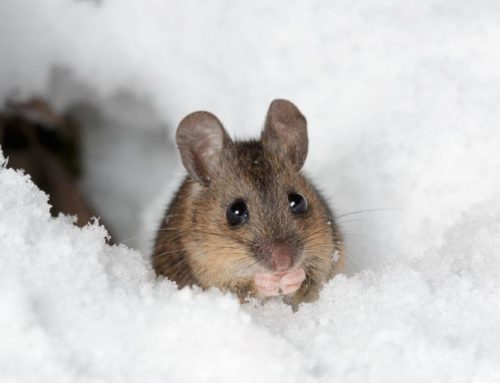Ants are a pretty important part of nature and serve an important purpose within their natural habitat. For example, ants can carry mushroom spores from one place to another. However, ant infestations can quickly become a problem when the critters have moved into your home by their thousands.
Ants can cause a lot of damage to your house, mainly when ants are found near (or in) food cupboards. Let’s look at how you can spot and stop ant infestations in your home. Plus, how to tell if you’re dealing with ants or termites.
How to Identify and Prevent Ant Infestations in Your Home
Do I Have Termites or Ants?
Termites and ants are similar creatures, but they’re not the same thing. The first step is to establish which is your home’s primary problem. Here are a few hints:
- Ants will seek out food sources, whereas termites feed on wood.
- Termites have straight antennae, whereas ants have a curve to theirs. This helps them to communicate.
- You will generally find more signs of destruction, such as sawdust, where termites gather.
- Termites and ants are both attracted to water-damaged wood.
- If you find ant trails near food cupboards or entryways to the home, you are more likely to have an infestation of ants.
What Impacts Ant Populations
You may find different types of ants in your house. Odorous house ants, little black ants, and carpenter ants are common.
Population spikes often occur before or after the rainy season, or when environmental or food source changes drive them indoors. Other factors can impact ant populations and cause them to flourish.
These ant populations can flourish when there are changes to their environment or there have been changes to their food sources.
If ants have their current habitat disturbed, or there might be a better food source elsewhere, they move – and usually, move into homes!
What Attracts Ants To Your Home
Ants have a strong sense of smell and are attracted to sugary substances and sweet smells. Worker ants will travel a long way to find a food source. They are the scouts of the ant colony.
Common ant species are attracted to:
- Crumbs
- Spilled food or drinks
- Dirty dishes
- Poorly sealed food storage containers
- Pet food: ants are attracted to the sugar and protein in kibble
Water and other factors can also attract odorous house ants, including:
- Stagnant water
- Leaky pipes
- Warm, humid conditions
- Indoor house plants
Signs of an Ant Infestation
While the most obvious clue is seeing more ants than usual inside your home, there are several other indicators that point to a growing problem. Watch out for these common signs:
- Increased Ant Activity
A sudden surge in visible ants, especially in kitchens, bathrooms, or near entry points, often signals an established colony inside or nearby.
- Ant Trails
Well-defined lines of ants moving to and from a food source are a clear indicator. These ant trails are scented pathways that help workers guide others to the same location.
- Food Contamination
Ants entering opened food packages, crawling on countertops, or gathering around sugary or greasy items show that they’ve found a reliable food source inside your home.
- Accumulated Debris
Small piles of crumbs, soil, or sawdust-like material can be a sign of nesting activity, especially with carpenter ants that tunnel into wood.
- Nesting Sites
Some ant species build visible nests in wall voids, under appliances, or near moisture-prone areas such as under sinks and behind baseboards.
- Unusual Pet Behavior
Pets sniffing, pawing, or licking at certain areas could indicate ants or other pests are active nearby.
Spotting one or more of these warning signs means it’s time to take action, either through DIY methods or by contacting a local exterminator for a thorough inspection.
Get Rid of And Prevent Ant Infestations
Ant infestations can be challenging to get rid of. However, there are many things that ants find highly unpleasant.
You can use household items like white vinegar or chalk to deter ants. These products can create barriers between places you don’t want ants to frequent.
Spray white vinegar everywhere you’d like ants to avoid. Draw clear lines with chalk to create a barrier. Chalk causes ants to lose their trail, eventually forcing them to relocate.
A severe ant infestation could call for professional help. Call a local exterminator if you have a recurring or serious ant problem. They can take care of the entire ant colony, using environmentally friendly pesticides, ant baits, and other ant-killer products, and give you ways to prevent ant infestations in the future.
Hire a Professional – ABC Termite & Pest Control Company – Omaha & Lincoln
Working with experienced pest control companies in Omaha, NE and Lincoln, NE is the most reliable way to manage severe or recurring infestations. Licensed pest control technicians can identify the specific pest species, apply targeted treatments, and ensure long-term protection for your property.
Benefits of Hiring a Professional
- Accurate Pest Identification – Professionals determine exactly what pests you’re dealing with and choose the best solution.
- Comprehensive Service Options – From residential pest control to commercial pest control, experts handle ants, termites, rodents, and more.
- Eco-Friendly Approaches – Many providers offer eco-friendly pest treatment that’s safe for people, pets, and the environment.
- Same-Day Service – Some companies provide same-day pest control services to address urgent infestations quickly.
- Long-Term Prevention – Through integrated pest management, professionals help prevent future problems.
Don’t let ants or other pests take over your home or business. ABC Termite & Pest Control delivers affordable pest control solutions in Omaha and Lincoln, backed by licensed pest control technicians who understand Nebraska’s unique pest challenges.
Contact ABC Termite & Pest Control in Omaha & Lincoln, NE to talk with an exterminator today!
Call now to schedule a home pest inspection or request same-day pest control service. Take the first step toward a cleaner, safer, and pest-free property today.






